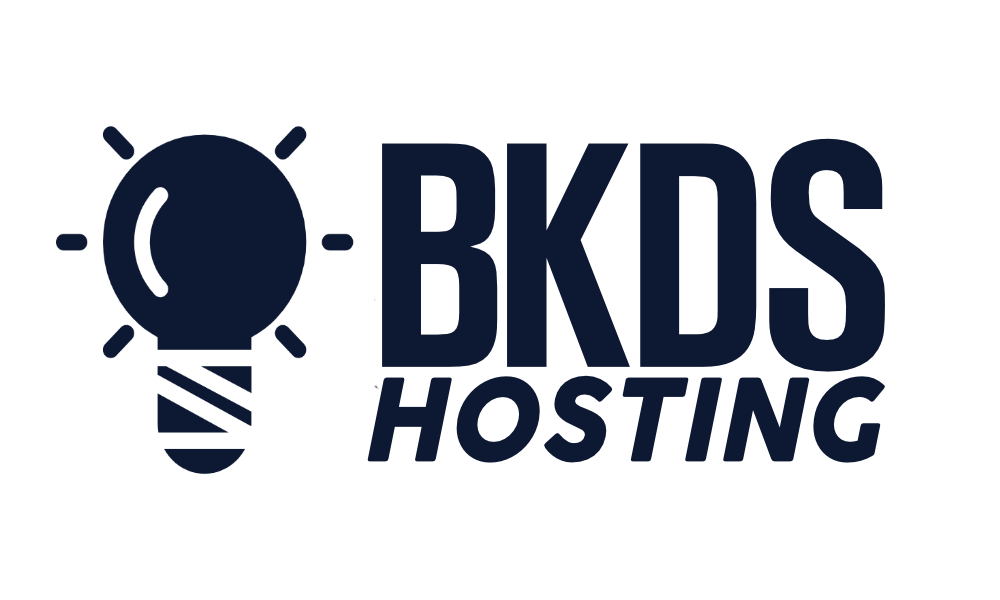In an era where digital presence is paramount, small businesses have the challenge of not only establishing but also scaling their online operations effectively. One of the fundamental aspects to consider in this landscape is the role of hosting services. These services, when utilized strategically, can significantly enhance a small business's digital footprint, offering improved website performance and scalability. However, the myriad of hosting service options available in the market today often leaves small business owners in a quandary. The question then emerges, how might small businesses select and leverage optimal hosting services to facilitate their growth? This critical query warrants a nuanced exploration, allowing us to discern the potential of effective hosting services in the journey of small business expansion.
Understanding Web Hosting Essentials

Web hosting, a crucial cornerstone for any online business, is a service that facilitates the publication of your website on the internet, providing rented space on a server to accommodate your site's files and data. For small business owners, this becomes particularly vital as their small business grows, necessitating scalable hosting services.
Choosing the right hosting for small businesses can be a challenging task, given the myriad options available. A suitable hosting solution for small enterprises should offer not only efficient server setup and configuration but also the flexibility to upgrade your hosting plan as the business evolves.
Aspects such as website performance, speed, and uptime are directly impacted by the choice of hosting service. The signs indicating a need for scaling might include frequent website downtime, slow page load times, or sudden surges in traffic. To handle these, optimizing your websites through strategies like using a Content Delivery Network (CDN), caching, or optimizing images and videos can be effective.
Evaluating Hosting Services for Scalability
In the pursuit of growth and sustainability, small businesses must meticulously evaluate hosting services for scalability, taking into account factors such as resource allocation, uptime, support, and pricing. These parameters are critical to maintain an uninterrupted online presence and manage increasing website traffic efficiently.
Small businesses must consider:
- Server Resources: Adequate server resources ensure that the website remains functional as traffic increases, preventing downtime and potential loss of revenue.
- Technical Support: Effective technical support is crucial in troubleshooting issues and facilitating smooth operation.
- Data Security: Robust security measures protect sensitive business information and customer data, fostering trust and reliability.
Most web hosting providers offer shared hosting plans, which offer cost efficiency and user-friendly management interfaces, making them suitable for small businesses. However, the limits on scalability necessitate eventual transition to more resource-intensive plans as the business grows.
Strategies for Hosting Plan Upgrades

Building upon the necessity to scale resources with business growth, it is critical to formulate strategic plans for hosting upgrades that can accommodate increased traffic and provide enhanced functionality. As hosting plans come in various forms, small businesses looking to scale their hosting must consider several factors.
The first strategy involves anticipating a sudden surge in traffic. Implementing web hosting solutions that can handle such spikes efficiently will help optimize resource usage and prevent system crashes.
Secondly, understanding your hosting needs is vital. Not all businesses require the same level of server maintenance or Managed Services. Some might need advanced features, while others may need fundamental services. Analyzing your current usage and predicting future requirements will help you choose the appropriate upgrade.
Lastly, consider the reliability and performance of the hosting provider. A company with a robust infrastructure and excellent customer support will ensure that your website remains active and accessible, thereby enhancing your online presence.
The Role of Hosting in Business Growth
Properly strategized and effectively managed hosting services play a pivotal role in facilitating business growth, primarily by ensuring site accessibility, improving user experience, and mitigating potential downtime. For scaling small businesses, these services are not just a requirement but a strategic tool for expansion and sustainability.
- Website accessibility and user experience: Hosting services ensure that a business's website remains accessible to customers round the clock, enhancing user experience and credibility. Efficient servers allow for faster load times and smoother navigation, which can significantly increase customer conversion rates.
- Resource management: Valuable resources can be saved and diverted to other aspects of a business, by outsourcing server management and maintenance to the hosting service provider.
- Technical support: Effective hosting services provide robust technical support, ensuring quick resolution of issues, thereby reducing potential downtime and loss of revenue.
Selecting the Ideal Hosting Provider

Navigating the myriad of hosting providers necessitates careful consideration and evaluation, as selecting the ideal hosting provider is paramount to ensuring optimal website performance, reliability, and customer satisfaction. For small businesses, the choice of hosting services can significantly influence their scaling strategies. Effective hosting services can exponentially augment a business's online presence.
To assist in the critical process of choosing a hosting provider, consider the following table:
| Factor | Ideal Hosting Provider | Best Web Hosting |
|---|---|---|
| Services | Comprehensive range of services | Tailored hosting offers |
| Support | 24/7 customer support | Quick response time |
| Performance | High reliability | Fast loading times |
| Scalability | Flexible and scalable solutions | Handles traffic growth |
| Price | Competitive pricing | Value for money |
Hosting providers offer a variety of services, but the best web hosting for small businesses optimizes performance while considering the unique needs and constraints of the business. Therefore, while selecting the ideal hosting provider, businesses should consider the above factors to ensure they choose a hosting partner that can effectively help in scaling their online presence.
Conclusion
In conclusion, effective hosting services are instrumental in scaling small businesses, offering enhanced performance, security, and additional features. By understanding hosting essentials, evaluating scalability, strategizing upgrades, and identifying the role of hosting in business growth, businesses can select the ideal provider. Through the right hosting services, businesses can significantly improve website performance and uptime, fostering their online presence and contributing to their overall growth and success.

